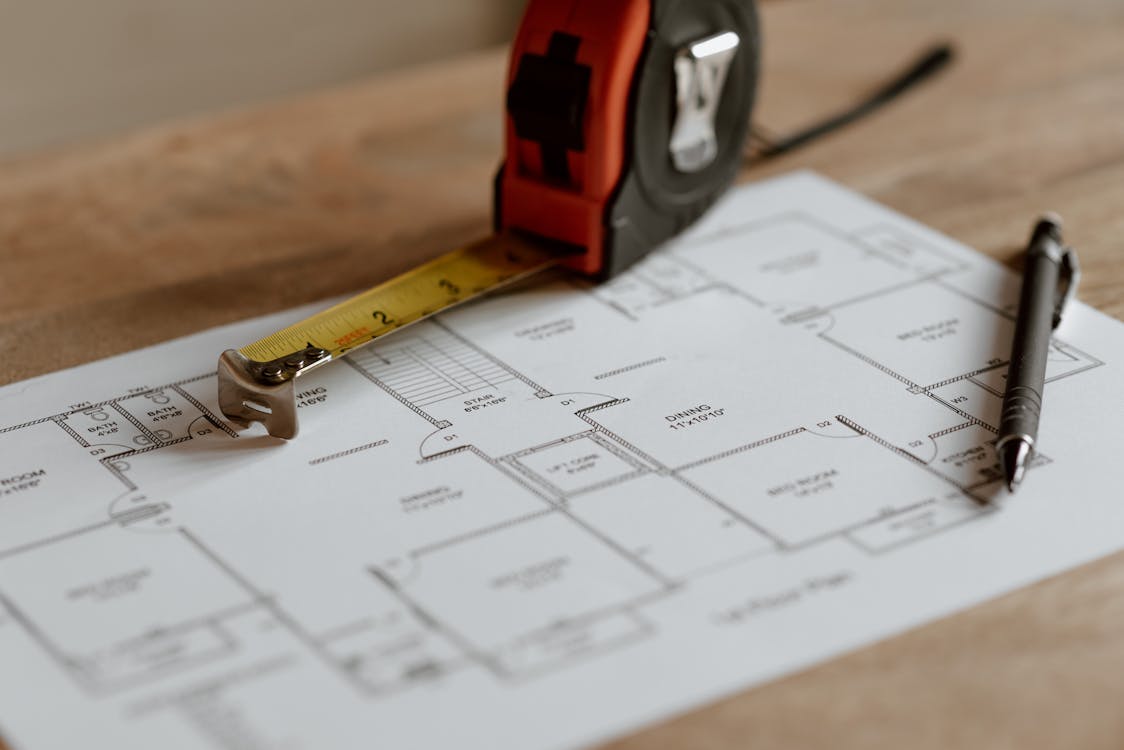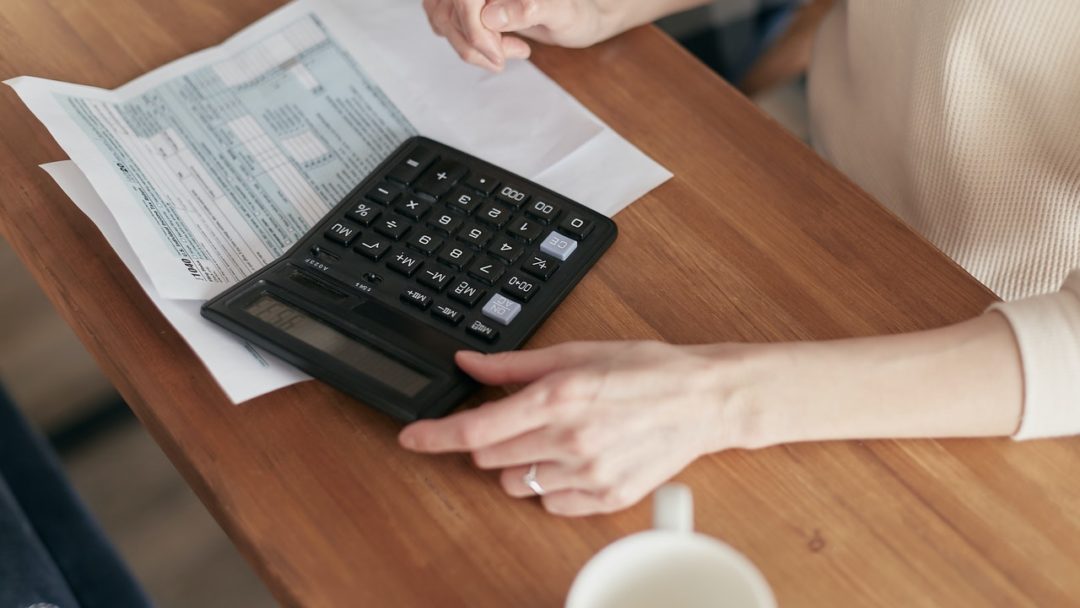When it comes time to purchase homeowners insurance, there are several factors to consider. Many of these options vary in what type of financial protection you will receive and how much you must pay for the policy. A replacement cost value (RCV) policy is the best choice for receiving reimbursement for repairs. Let’s look at this beginner’s guide to understanding recoverable depreciation.
Need to repair or replace your damaged roof? Contact the team at Advanced Consulting to get a quality roof repair for your home!
What Is Recoverable Depreciation?
If you have a homeowners policy with RCV coverage, you probably heard the term “recoverable depreciation.” Recoverable depreciation is the amount between the actual cash value (ACV) and the replacement costs. In some cases, it is called a depreciation expense in your insurance claim. You can recover this amount by showing that a replacement or repair has been completed.
For example, if you have a roof from 2015, the item’s value is lowered throughout the years. When the insurance provider subtracts any depreciation, you are usually left with a lower claim payout than the initial cost. If you have an RCV policy, you often get the total claim payout for the item after any repair work is completed. You can submit receipts and other paperwork to get back the recoverable depreciation amount. This process often involves a few steps, but you can usually recover the total cost of your damaged items. Here’s what to do next:
- Check your policy for applicable dates and deadlines to complete repairs and recover your costs.
- Incur the cost of the repairs. A contract to perform the repairs is typically sufficient, which means you may be able to receive your credit before you spend your money on the repairs.
- Keep all receipts for repairs and replacements and provide them to your insurance company.
Who Gets the Recoverable Depreciation?
In many cases, the insurance company will release all funds to you. Some insurance companies will not pay out on claims until after the work is completed, while others release funds if you have a contract with a professional repair company. While you might be tempted to keep the money for yourself, recoverable depreciation is based on the notion that you are willing to use that money to repair your home, such as when the roof is damaged from a storm.
Does the contractor get the recoverable depreciation? In a roundabout way, yes. If you have submitted paperwork that the repair company, like a roofer, has finished the job, they are entitled to that recoverable depreciation. Most companies will have a clause in the contract that you must release those funds to them after completing repair work. If not, you could face some serious legal troubles. However, the insurance company will rarely release any money to you until the repair work is completed.
Related: Insurance 101: Actual Cash Value vs. Replacement Cost
What Is Recoverable Depreciation on a Roof Claim?
In many cases, you can recover the entire repair cost of your roof. For example, if the replacement cost for your roof is $10,000, you might not get all that money back right away. The insurance company will take into consideration the age of the roof and your current deductible. An insurance adjuster might list the depreciated value at 50% based on those factors. Now your actual cash value is at $5,000 with a $5,000 recoverable depreciation. You also have to consider your deductible amount; in many cases, it is around $1,000.
So the insurance company will make an initial payment of $4,000 (depreciation plus deductible). You will have to contract a roofing company to perform the roofing repairs. Since the cost is $10,000 for a roofing repair, you will have to pay that total amount. However, once the work is complete, you can submit paperwork to your insurance company to release the rest of the recoverable depreciation (in this case, the $5,000) to pay the contractor.

How Long Do You Have To Collect Recoverable Depreciation?
In many states, the timeline is different. However, most insurance companies require you to collect recoverable depreciation about six months or 180 days from the date of the loss. If you want to recover that depreciation, you will need to submit paperwork, including the contract with the roofing company and a final bill. Once all that has been received, you can get that last payout.
Related: What to Do if Your Roof Insurance Claim is Denied
What Does Non-Recoverable Depreciation Mean?
You might think that with an RCV policy that all those expenses are covered. In some cases, you can face non-recoverable depreciation. All the details are outlined in your insurance policy. Your policy might only cover recoverable depreciation if the roof is damaged by fire. So any depreciation from hail or windstorm is non-recoverable. You always want to read your policy details or speak to an agent so that you know what is and what is not recoverable for your home. Never assume that everything is deemed as “recoverable depreciation.”
Is It Illegal To Profit from an Insurance Claim?
Many people want to know if they can keep extra money from an insurance claim. In most instances, the answer is yes, but you should never want to profit from a claim intentionally. If you try to boost the repair costs to get more money, you can be in serious legal trouble. That is known as insurance fraud, but there must be an intent to lie or misrepresent the actual costs of the repairs. That is unethical. If that happens, you might want to find another repair contractor.
Related: Roof Storm Damage? 7 Signs You Need a Replacement
Can I Do Insurance Repairs Myself?
You can complete the repairs by yourself, but you need to prove that you finished them. Some insurance companies will insist that all repairs be completed by a professional team, like a qualified roofing company. Before you start on those repairs, contact your insurance company.
How Do I Get My Mortgage Company To Release My Insurance Check?
Some insurance companies will release the payoff to the mortgage company. Before you can use that money, the mortgage company must endorse the check over to you. These companies have 10 days to release the funds. If there is an issue, you might have to submit more paperwork to verify your repairs or contact the insurance company for help.
Recoverable depreciation can be confusing. When you purchase insurance for your home, make sure that your home is covered for this type of recoverable cost.
Need help with a roof repair on your home? Reach out to the experienced roofers at Advanced Consulting.

